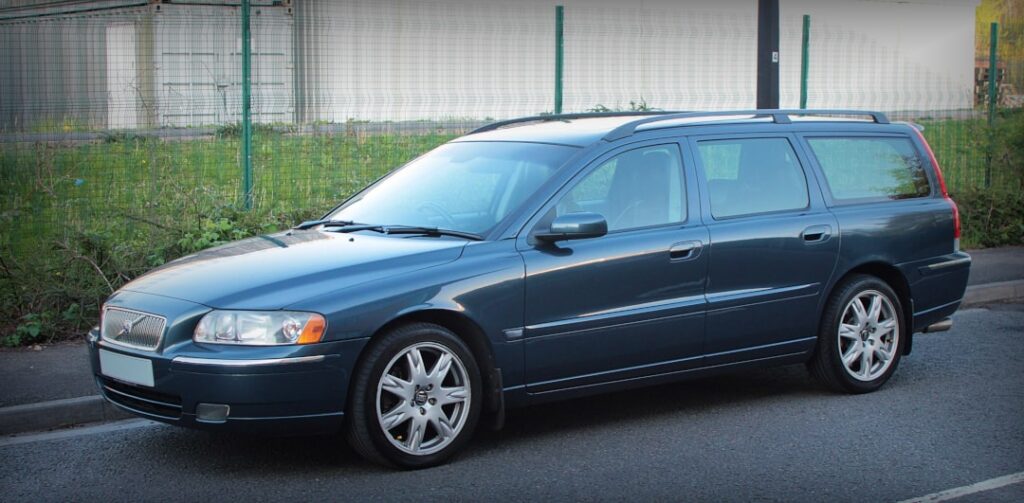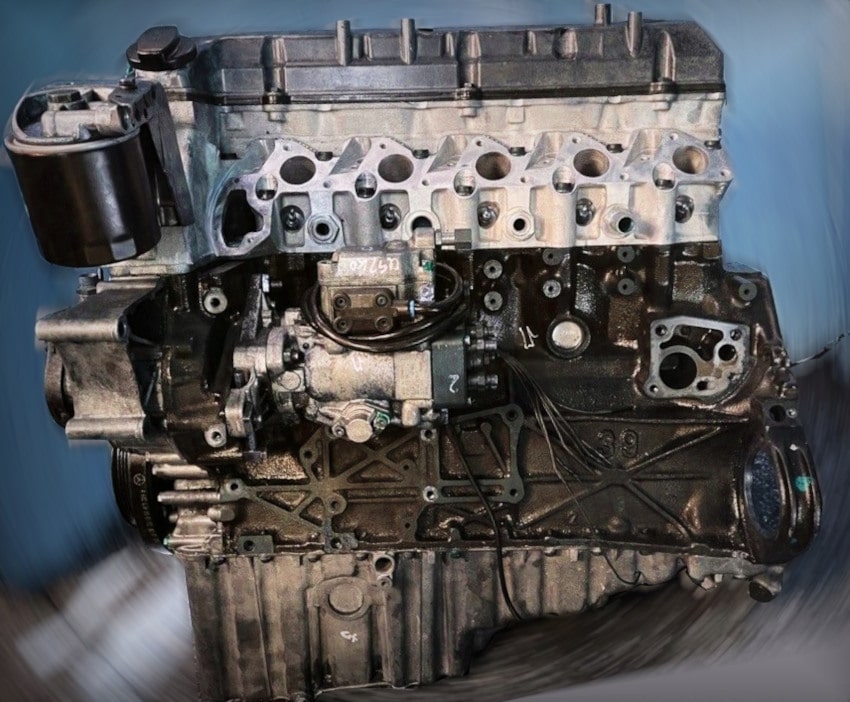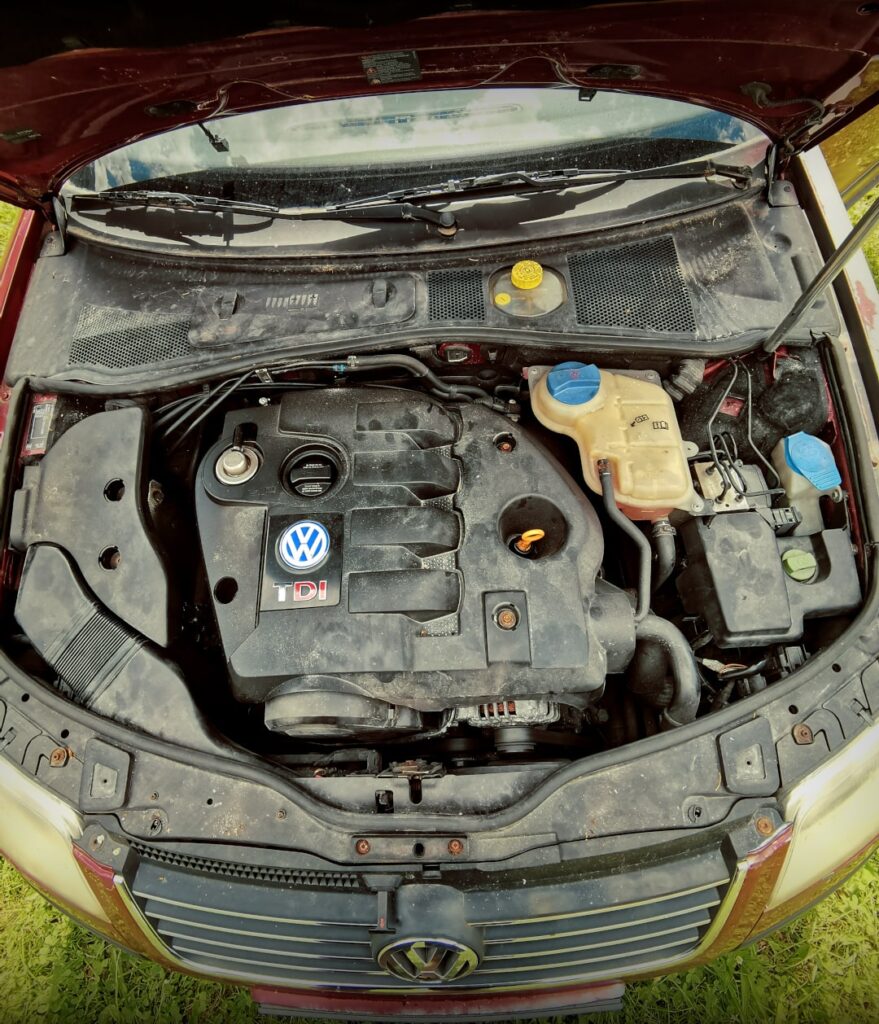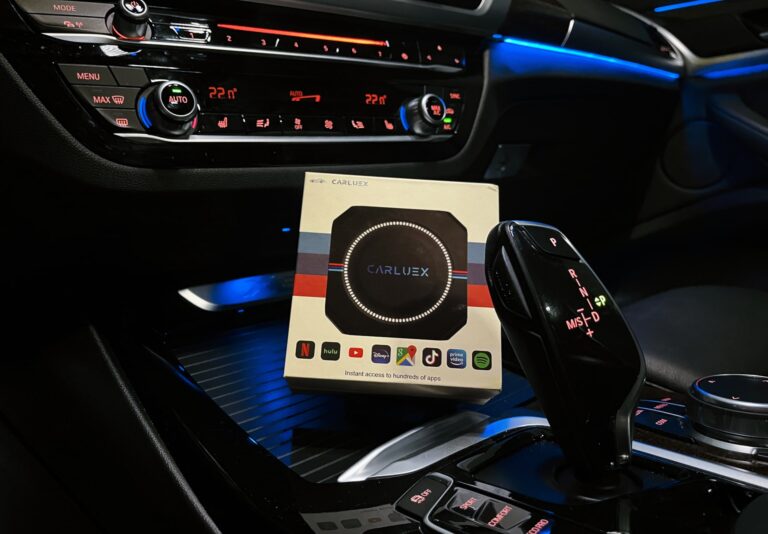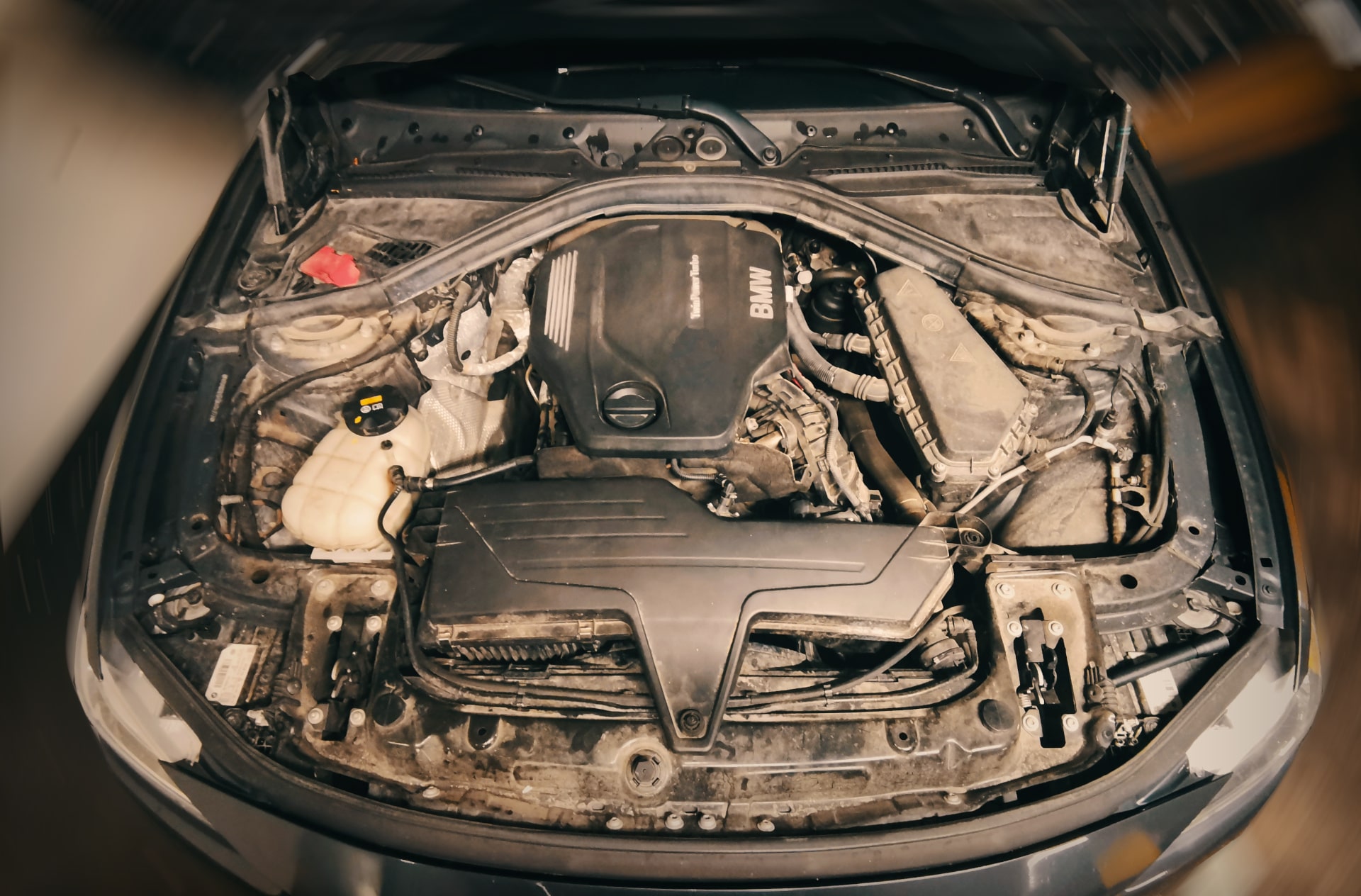
The most durable Engines
Comparison & Details
When looking for a used vehicle, you should also keep an eye on the potential longevity of the engine. In this article, we list some of the most durable engines and their characteristics to make your decision easier.
The first thing to say here is that the longevity of your engine is heavily influenced by maintenance and care. A well maintained and healthy car will always run significantly longer, no matter how stable the engine is designed by the manufacturer.
1) The B5244S engine from VOLVO
The first engine worth mentioning is the 2.4-liter inline 5-cylinder petrol engine, the B5244S, found in the Volvo V70. Produced for a single year (from spring 1999 to spring 2000), this engine benefited from an upgraded electronic throttle system, making it compliant with the Euro 3 emissions standard of its time.
Choosing a Volvo V70 equipped with this engine is a solid decision for anyone prioritizing durability. These cars are renowned for their ability to surpass 200,000 kilometers and are considered among the most reliable on the road. You can get this model only with an automatic transmission. Approximately 380,000 units of these vehicles are still on the road today.
2) The OM 602 DE 29 LA engine from Mercedes
Next on the list is Mercedes-Benz’s OM 602 DE 29 LA, a 2.8-liter 5-cylinder turbodiesel engine with 129 horsepower. Featured in the Mercedes E290 Turbodiesel, this engine was produced between 1969 and 1999 and continues to impress with its reliability. Until a few years ago, it was the most popular and frequently used vehicle for cab rides. These cars often achieve a mileage of over 250,000 kilometers with a relatively low consumption of just under 7 liters on average.
The E290 turbodiesel was the first Mercedes-Benz engine equipped with a Direct injection, a turbocharger and intercooler. However, this engine was still without common rail system and has the typical noise development of a direct injection engine of the first generation.
3) The 1.9 l TDI engine from VW
The legendary four-cylinder 1.9-liter TDI engine by Volkswagen is a must-mention when discussing durable engines. Known for being one of the most efficient and robust engines ever built, it’s not uncommon for these units to exceed 350,000 kilometers. The 1.9 TDI was developed in the 2nd generation with pump-nozzle technology and a distributor injection pump.
The engine powered numerous vehicles across the Volkswagen Group, including the Golf, Passat, and Touran, as well as Audi models like the A3, A4, and A6. Output ranged from 75 to 160 horsepower. One of its standout features is its exceptionally low fuel consumption—just 4 liters per 100 kilometers. The design improvements addressed weaknesses in previous models, further reducing fuel consumption and operating costs. The cylinder heads are also more durable, ensuring greater overall reliability.
The problems of the 1st generation engines were solved by the renewed injection process and further reduced fuel consumption. As a result, the cylinder heads are no longer subjected to as much stress as in the previous model and the weak points have been eliminated. The 1.9 TDI engine is considered reliable, robust and cost-effective. It will take you from A to B for many years without any problems and it is therefore the No. 1 engine with the longest service life.
4) Conclusion
This article highlights three of the most durable engines still found on European roads today. While this list is far from exhaustive and continuously evolving, the mentioned engines stand out for their proven reliability.
Other noteworthy engines include:
Engines from the late 1990s to early 2000s often exhibit especially robust construction, frequently achieving lifespans well beyond 200,000 kilometers. Diesel engines with turbochargers are particularly prevalent, likely due to their simpler design compared to petrol engines.
Ultimately, longevity depends on proper care. Adhering to maintenance schedules—especially regular oil changes—and taking care of your vehicle will ensure these engines serve you for years to come.
For the best deals in Europe and an overview of cars featuring these engines, visit:
More Articles
BMW Android Auto & Carplay retrofit | Plug & Play | CARLUEX
BMW Android Auto & Carplay retrofitCARLUEX Experience Are you driving a BMW built before 2020 and want to finally use Android Auto?...
BMW Sport Plus coding: Unlocking driving mode - instructions
BMW Sport & Comfort Plus codingUnlocking driving mode - BMW coding made easy - In this guide you will learn step by step how to...
BMW coding software comparison 2025 | ESys, BimmerCode & Co
BMW Coding Software ComparisonESys, BimmerCode & Co. There are now countless tools for coding a BMW. Different software providers offer...

